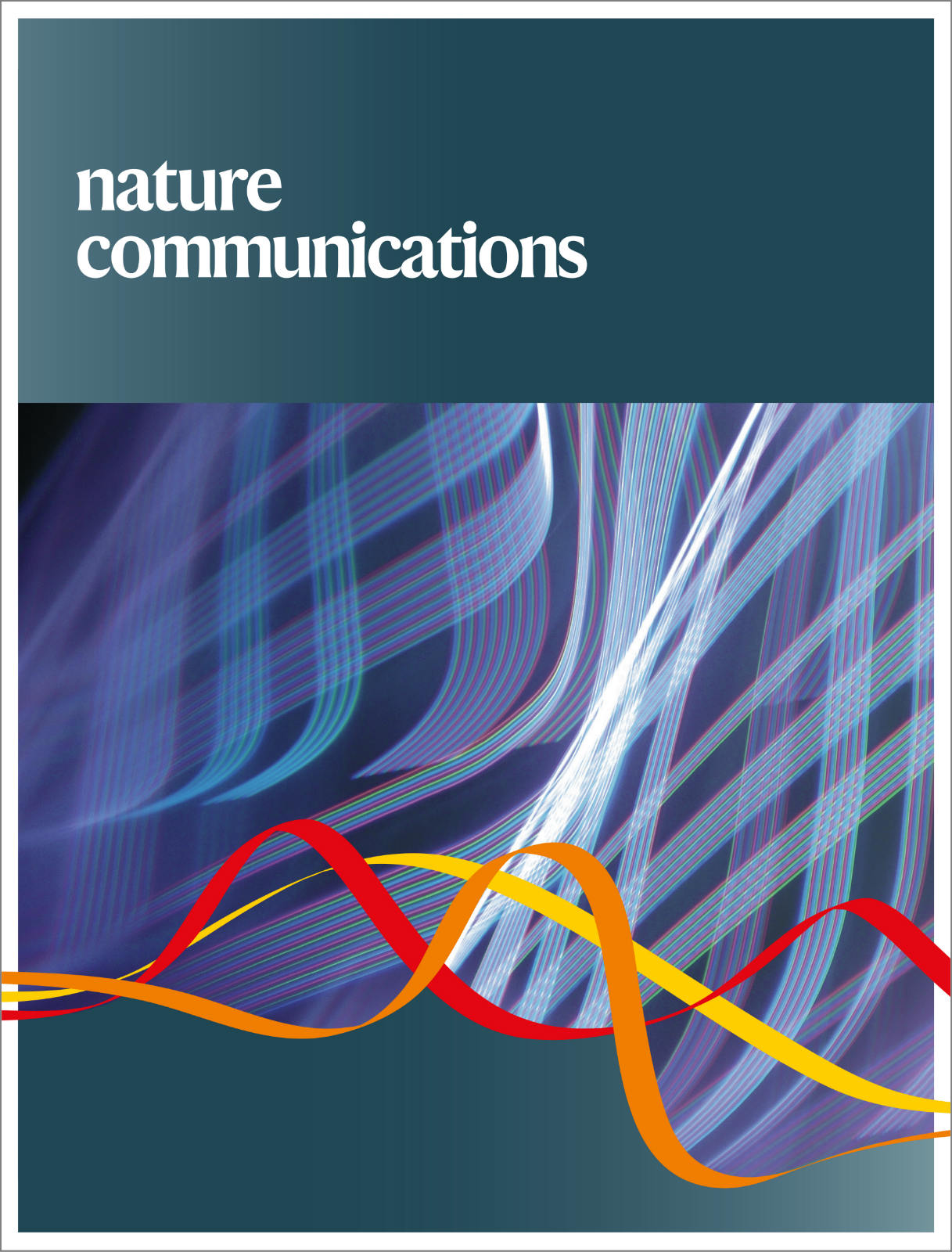Mitochondrial-cytochrome c oxidase II promotes glutaminolysis to sustain tumor cell survival upon glucose deprivation.
Abstract
Glucose deprivation, a hallmark of the tumor microenvironment, compels tumor cells to seek alternative energy sources for survival and growth. Here, we show that glucose deprivation upregulates the expression of mitochondrial-cytochrome c oxidase II (MT-CO2), a subunit essential for the respiratory chain complex IV, in facilitating glutaminolysis and sustaining tumor cell survival. Mechanistically, glucose deprivation activates Ras signaling to enhance MT-CO2 transcription and inhibits IGF2BP3, an RNA-binding protein, to stabilize MT-CO2 mRNA. Elevated MT-CO2 increases flavin adenosine dinucleotide (FAD) levels in activating lysine-specific demethylase 1 (LSD1) to epigenetically upregulate JUN transcription, consequently promoting glutaminase-1 (GLS1) and glutaminolysis for tumor cell survival. Furthermore, MT-CO2 is indispensable for oncogenic Ras-induced glutaminolysis and tumor growth, and elevated expression of MT-CO2 is associated with poor prognosis in lung cancer patients. Together, these findings reveal a role for MT-CO2 in adapting to metabolic stress and highlight MT-CO2 as a putative therapeutic target for Ras-driven cancers.

| 公司名称 | 产品信息 | 采购帮参考价格 |
|---|---|---|
| 索莱宝 |
Mitochondrial complex IV Activity Assay Kit
BC0945
|
|
| 索莱宝 |
Mitochondrial complex III Activity Assay Kit
BC3240
|
|
| 索莱宝 |
Mitochondrial complex II Activity Assay Kit
BC3230
|
 求助内容:
求助内容: 应助结果提醒方式:
应助结果提醒方式:


